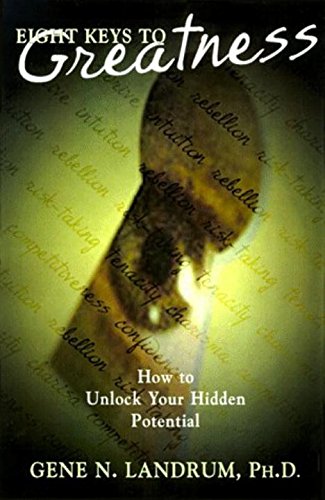Theory that mind and body, or mental events and some cerebral events, are two aspects of a single thing.
The theory resembles neutral monism but is more limited, applying only to certain cerebral (or perhaps neural) events. It is often attributed to Baruch Spinoza (1632-1677), but interpretations of him differ.
When the body becomes privileged and usurps the function of the single underlying thing, the theory veers towards the identity theory of mind and body.
Also see: paraconsistency
Source:
D M MacKay, The Clockwork Image (1974)
Table of Contents
- identity theory of mind
- no-ownership theory of the mind
- identity theory of truth
- interactionism
- anomalous monism
Last update 2020-06-17. Price and product availability may change.








